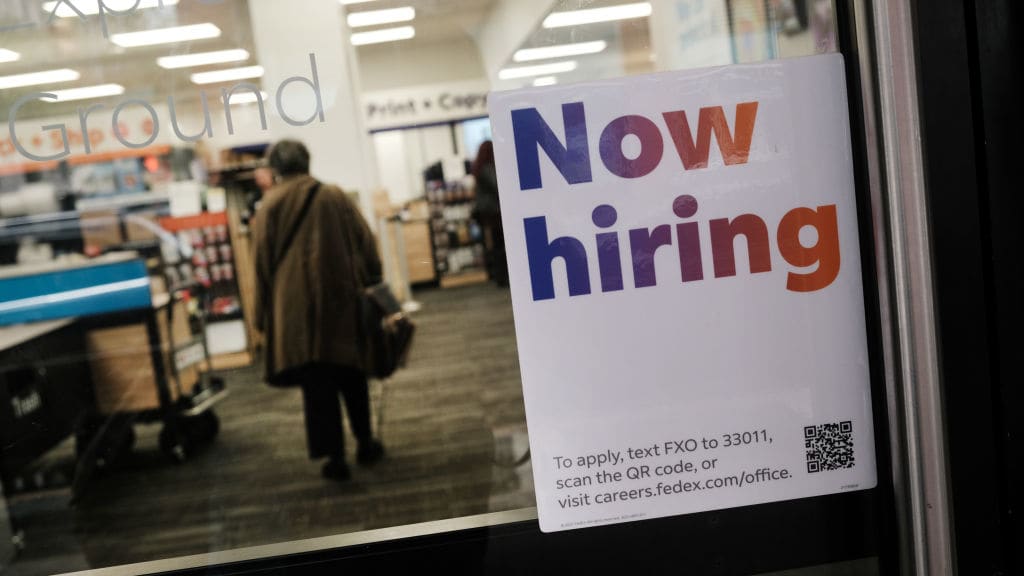Report: As many as 4 million Americans are out of the workforce because of long COVID


A free daily email with the biggest news stories of the day – and the best features from TheWeek.com
You are now subscribed
Your newsletter sign-up was successful
New data shows that between two and four million working-age Americans have long COVID-19 symptoms that are so severe they cannot work, the Brookings Institution says in a report published this week.
The Brookings Institution studied data from the U.S. Census Bureau's Household Pulse Survey, and found that roughly 16 million Americans between 18 and 65, which is considered working age, have long COVID symptoms. This means a person is still experiencing symptoms three or more months after contracting COVID-19.
It's estimated that there are 10.6 million unfilled jobs in the U.S., the Brookings Institution says, with lost wages ranging from $170 billion to $230 billion a year. In order to try to combat long COVID's effect on the U.S. workforce, the report suggests employers consider expanding policies like ensuring workers receive paid sick leave. Currently, more than 25 percent of workers in the private sector do not have paid sick leave, The Guardian reports, and when looking at the bottom 25 percent of earners, more than half are without it.
The Week
Escape your echo chamber. Get the facts behind the news, plus analysis from multiple perspectives.

Sign up for The Week's Free Newsletters
From our morning news briefing to a weekly Good News Newsletter, get the best of The Week delivered directly to your inbox.
From our morning news briefing to a weekly Good News Newsletter, get the best of The Week delivered directly to your inbox.
A free daily email with the biggest news stories of the day – and the best features from TheWeek.com
Catherine Garcia has worked as a senior writer at The Week since 2014. Her writing and reporting have appeared in Entertainment Weekly, The New York Times, Wirecutter, NBC News and "The Book of Jezebel," among others. She's a graduate of the University of Redlands and the Columbia University Graduate School of Journalism.
